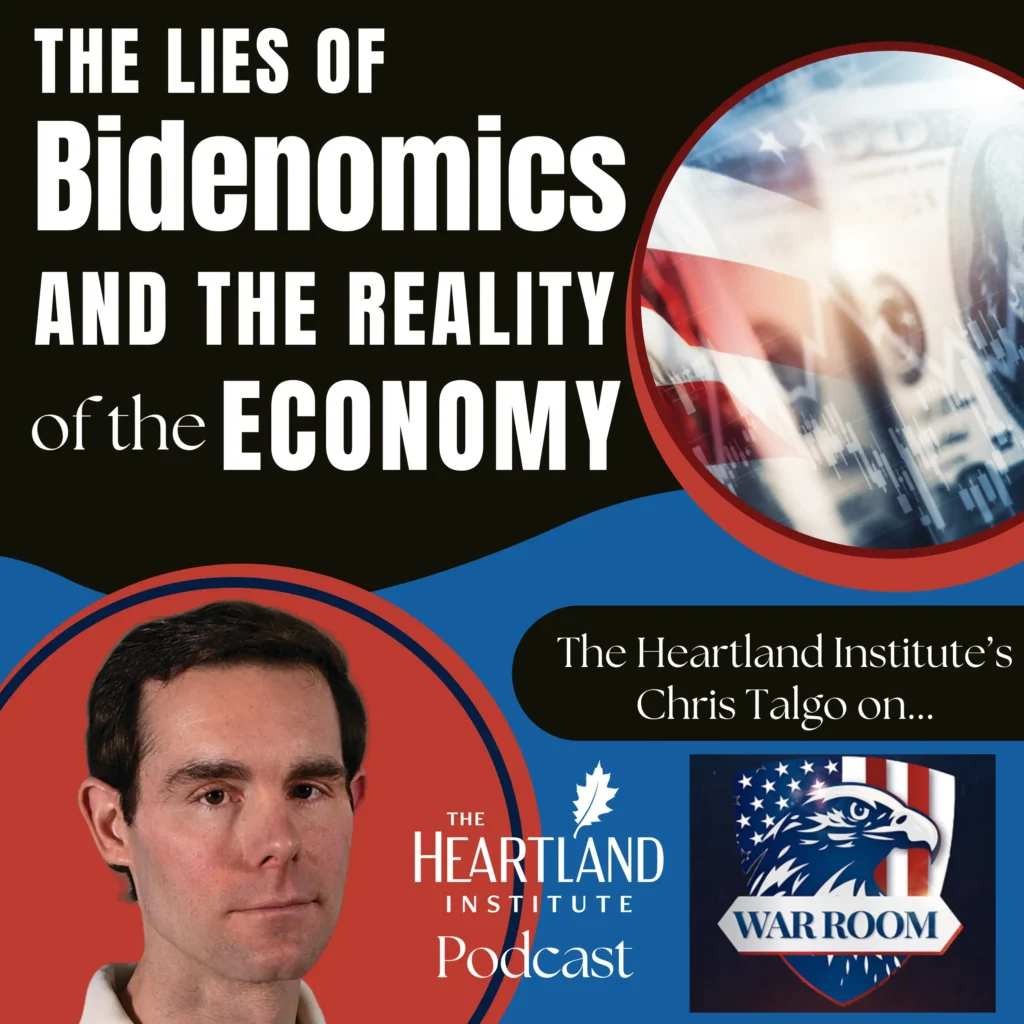Despite the assertion by teacher certification advocates that scores of research studies exist to prove certified teachers produce higher student achievement gains, a meticulously researched study from The Abell Foundation concludes that, in fact, there is no persuasive evidence for such an assertion. Moreover, according to the Foundation’s work, current teacher licensing requirements are neither an efficient nor an effective means of ensuring a competent teaching force.
“This report should prompt every state board of education in the country to reconsider its teacher certification requirements,” said Abell President Robert C. Embry, Jr.
New federal legislation in the No Child Left Behind Act mandates that within four years all teachers in U.S. public schools must be “high qualified”–the assumption being that a certified teacher is a better teacher.
State teacher licensing requirements prescribe the completion of extensive coursework in the field of education and in the subject a prospective teacher intends to teach. Those policies are based on a claim by the education establishment that taking the coursework is the best way–in fact, the only way–to prepare teachers.
Re-examining the Evidence
Between 100 and 200 studies support that claim, according to prominent certification advocates. Kate Walsh, a senior policy analyst with the Baltimore, Maryland-based Abell Foundation, decided to review those studies and managed to locate 150 of them.
The results of her analysis are detailed in “Teacher Certification Reconsidered: Stumbling for Quality,” published last October. Her conclusion: The academic research attempting to link teacher certification with student achievement is “astonishingly deficient.”
Among the deficiencies cited by Walsh:
- selective citation of research;
- padding of analyses with multiple references;
- giving undue weight to unpublished dissertations and research that has not been peer-reviewed;
- routine violation of sound statistical analysis principles; and
- use of self-designed assessment measures.
“This body of research can generally be characterized by its astonishingly poor quality, failing to meet basic standards of scientific research,” concluded Walsh. At the same time, “research that is of high quality is misinterpreted and misrepresented.”
What that high-quality research indicates is that a teacher’s verbal ability–not whether he or she took coursework in education pedagogy and learning styles–is the most important measurable attribute of an effective teacher.
“Not surprisingly, the importance of verbal ability aligns with similar findings that teachers who have attended selective colleges are more likely to raise student achievement,” notes Walsh.
While private school principals “routinely seek out teachers who appear to be bright and use the selectivity of the teacher’s college as a possible indicator of a teacher’s aptitude,” the certification process to gain access to a teaching job in a public school is “an inhospitable process,” reports Walsh, deterring many capable individuals from entering public school teaching.
Recommendations for Change
The study recommends the following changes to the teacher certification process:
- Eliminate education coursework requirements and replace them with less complex and more flexible criteria.
- Implement various knowledge tests for teachers in different content areas.
- Report teacher verbal ability scores.
- Devolve responsibility for teacher qualification and selection to school districts and school themselves.
School districts and principals would be responsible for developing comprehensive new teacher induction programs, reduced teaching loads for first-year teachers, and ongoing professional development closely associated with the curriculum.
“Such an overhaul represents a direct threat to schools of education and other education groups that benefit from the flawed certification process,” notes Walsh.
Response from Certification Advocates
Arthur E. Wise, president of the National Council for Accreditation of Teacher Education–who claimed in 1999 there were 100 studies supporting certification–simply ignored Walsh’s findings. In December, he was continuing to claim, in a USA Today article, that “The weight of research on teacher qualifications demonstrates that fully qualified and licensed teachers raise student achievement more than do teachers who are not prepared and fully licensed.”
Linda Darling Hammond, executive director of the National Commission on Teaching and America’s Future–who claimed in 1997 there were “more than two hundred studies” supporting the value of teacher certification–responded that the Abell report was a “stunning exercise in misrepresentation.” In a 69-page response, she includes an analysis of 19 studies “that suggest that teacher expertise is important to student learning.”
Rejoinder
According to Walsh, the 19 studies cited by Darling-Hammond–a dramatically smaller number than the “more than 200” she claimed earlier–have inferior design and methodologies. Even if those shortcomings are overlooked, Walsh notes, the studies contribute little to the debate–certainly not sufficient evidence to justify barring uncertified teachers from the classroom, which is current policy in all 50 states.
“The issue at hand here is not whether schools of education offer some helpful and valuable coursework,” writes Walsh. “They undoubtedly do. The issue is whether individuals who have not taken any education coursework (valuable or not) are at such a disadvantage that they should not be allowed to begin teaching. The evidence that would justify such a restriction is simply not there.”
For more information . . .
The Abell Foundation report, “Teacher Certification Reconsidered: Stumbling for Quality,” by Kate Walsh, is available from the Foundation’s Web site at www.abell.org/TeacherCertReconsidered.pdf. An executive summary and appendix, summarizing more than 200 studies, also are available at the site www.abell.org/ExecutiveSummary.pdf and www.ReviewofResearch.pdf.
Linda Darling-Hammond’s response to the Abell report, “The Research and Rhetoric on Teacher Certification: A Response to ‘Teacher Certification Reconsidered,'” is available in news release and report forms from the Web site of the National Commission on Teaching and America’s Future at www.nctaf.org/publications/abell_release.htm and www.nctaf.org/publications/abell_report.pdf.
The Abell Foundation rejoinder to Linda Darling-Hammond’s response, “Teacher Certification Reconsidered: Stumbling for Quality–A Rejoinder,” by Kate Walsh and Michael Podgursky, is available in news release and report forms from the Foundation’s Web site at www.abell.org/press_11_27.html and www.abell.org/LDHRejoinder.pdf.




